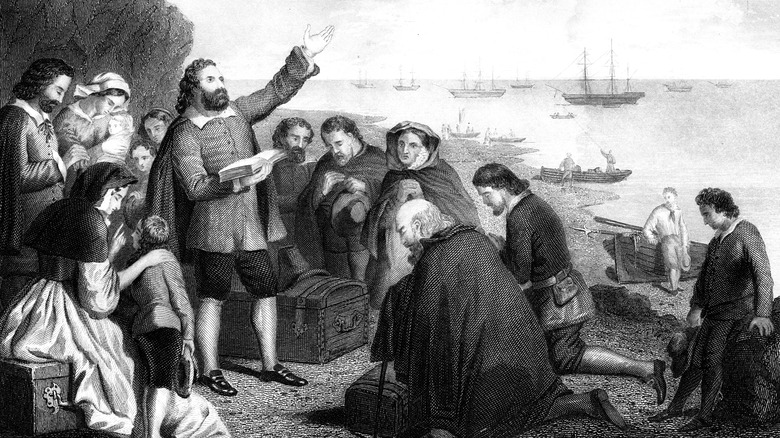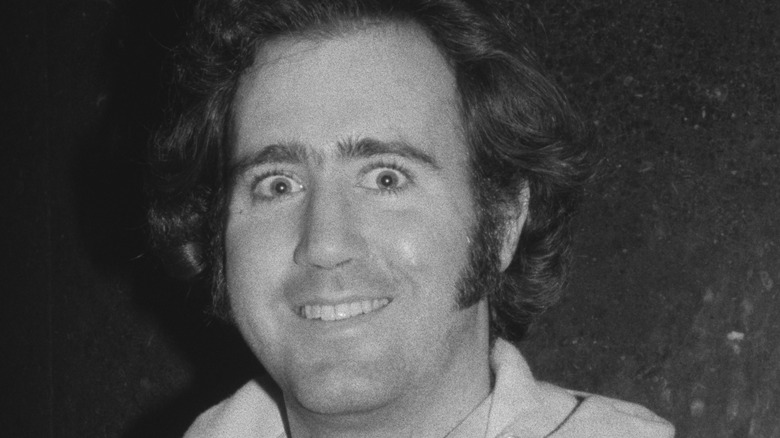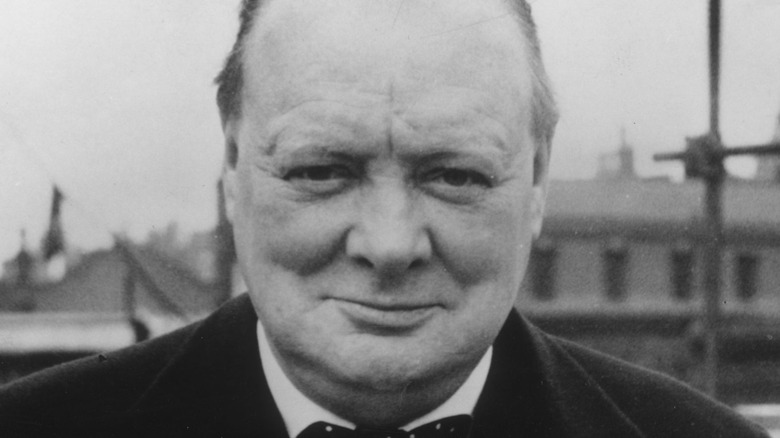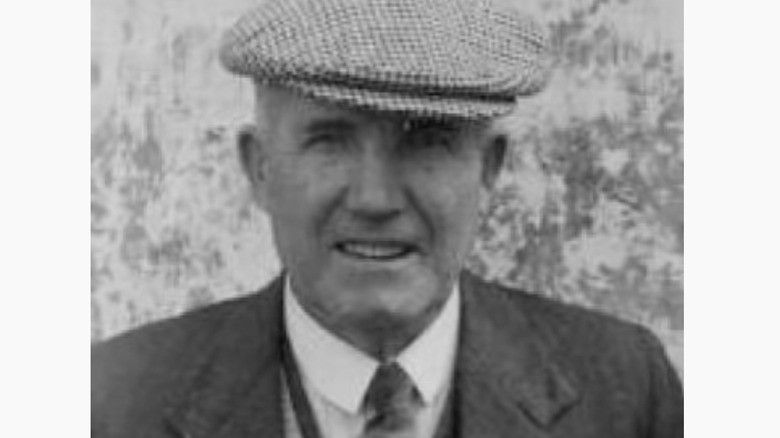
What You Should Know About The Last Native Speaker Of Manx
The Isle of Man is an island that lies between England and Ireland in the Irish Sea. According to the island’s government’s website, it is not a part of the United Kingdom or the European Union, lending a kind of insular, liminal feel to the place. Furthering its mystique, the Isle of Man is said to be the namesake of sea god Manannán mac Lir, who guards the otherworld and the afterlife, as well as providing protection for sailors and abundant crops for residents, per Ancient Origins.
The Isle of Man even had its own language, Manx Gaelic, one of six Celtic languages. Writing systems and language specialist website Omniglot tells us that Manx is closely related to Irish and Scottish Gaelic, and was brought to the Isle via those two countries in the 5th century AD, where Manx developed and came into its own in the 13th and 14th centuries. Manx went on the rise, evolved, and was spoken exclusively by pretty much all inhabitants until the island was sold to the British Crown in 1765, when its ubiquitousness began to wane to the English language. From 1830 on, Manx’s prevalence declined further due to British tourism and immigration, and on December 27, 1974, the last native Manx speaker died at 97 years old.
Edward “Ned” Maddrell
Edward “Ned” Maddrell was born on August 20 of either 1878 or 1877 (sources vary) in Glenchass on the Isle of Man. Manx was generally thought of as the language of unsophisticated country folk, so it wasn’t spoken at all in many more populated areas. According to a historical record presented on Studia Celtica Fennica‘s website (article available as a PDF download here), for the first five years of Maddrell’s life, he spoke English. The article states that Maddrell’s large family sent him to a great-aunt’s farm in Cregneash, a more remote area than where he lived with his family; the great-aunt and her son spoke little or no English, so Maddrell’s five-year-old mind began soaking up the Manx language in order to understand them and serve as translator when needed. His great-aunt died eight years later, but her particular vintage of Manx lived on with young Ned.
The Isle of Man Museum tells us that Maddrell started his life as a seaman in 1892 at age 14, when he began working as a cook onboard a boat that fished for herring from Port St. Mary to Kinsale and the Shetlands. He kept his Manx sharp by spending time with Irish and Scottish fishermen on board who could understand him. He eventually left the fishing business and joined the Merchant Navy, where he ventured out of the Irish Sea and saw more of the world, but never lost sight of what was important to him.
A Beacon of Hope for Manx and its traditions
In Maddrell’s biography at the Isle of Man Museum, he is quoted as saying, “I am sorry that so many people of my age and older have been ashamed of being supposed to know Manx. I have spent much of my time away, but I have always held on to my Manx – so long as I could and as far as I could…”
After retiring from the Navy, Maddrell went back home to the Isle in 1936, where he worked for the Manx Museum as caretaker for the cottage of one of the other last native Manx speakers, Harry Kelly, who died in 1935.
What began as a necessity turned into a lifelong passion to preserve the language and pass it along to subsequent generations. Manx Gaelic is still alive and well, thanks in large part to not only Maddrell, who was generous with his time and knowledge with anyone who asked, but also linguist Brian Stowell, who made field recordings of the last few living Manx speakers before they went over to Manannán’s afterlife. You can listen to Stowell’s recordings here, and learn more about the language itself, its history, and the modern-day work to keep Manx a living language at the Manx Language Network’s website.

The Reason The Pilgrims Really Came To America

How Lamb Chop's Puppeteer Wrote A Star Trek Episode

The Untold Truth Of Victor Hugo's Hunchback Of Notre-Dame

The Tragic Death Of Andy Kaufman

All About The Pigeon-Operated Bombs Developed During WWII

What It Was Like Taking Part In The Oklahoma Land Rush Of 1889

The Untold Truth Of Nyjah Huston

This Was The Secret To Jesse Owens' Speed

How Winston Churchill Really Felt About Gandhi

What It's Really Like To Be A Student At West Point
























